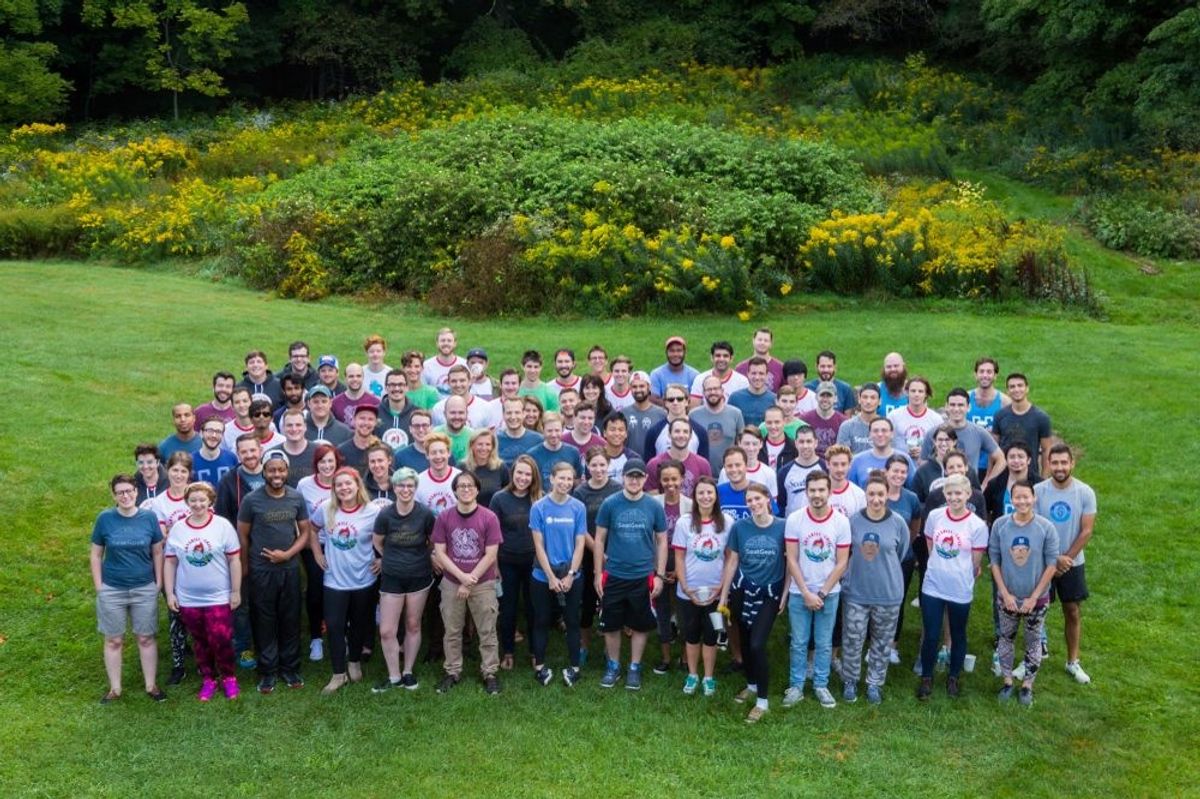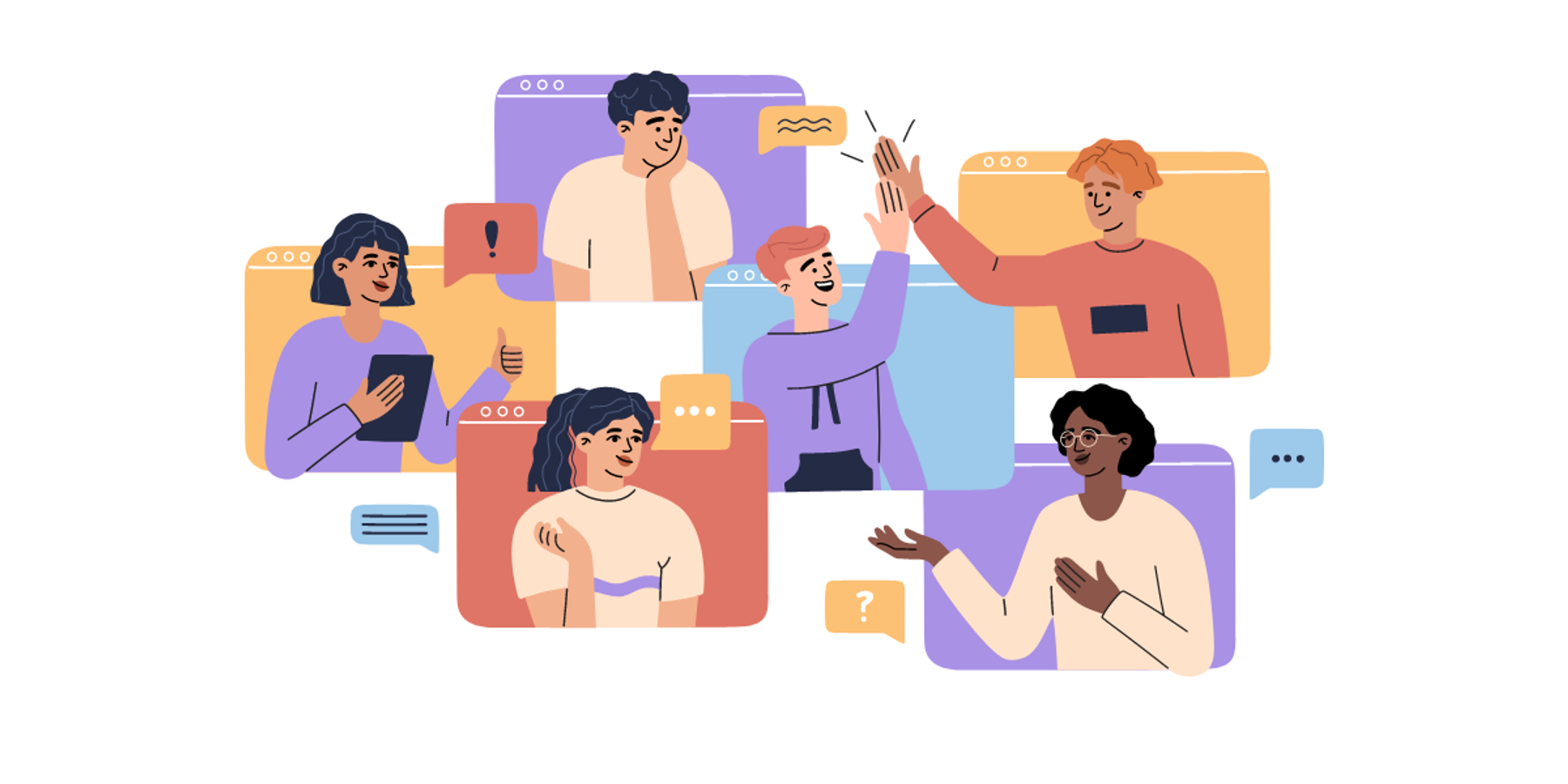Below is an article originally written by PowerToFly Partner SeatGeek. Go SeatGeek's Page on PowerToFly to see their open positions and learn more.
There's a phrase my friend, Stephanie, says often and whenever I think of it, I hear the words in her voice:
"Hurt people hurt people."
There are a million examples of this out in the world every day: people lashing out as a reaction to the emotional wounds they've sustained, hurting others because they are hurting.
Being in service to customers often means doing some heavy emotional work. You observe and interact with people at various psychic levels and, for the sake of helping people, you have to be deft at identifying the feelings expressed and navigating them while you diagnose and resolve the issues brought to you.
So, knowing that a person's emotional state can affect the way they act and interact with others it should go that the opposite of "hurt people hurt people" is true too:
"People who are shown care can better care for others."
In CX (our Customer Experience team), we create an environment where we show each other that we care for each other. The leaders on our team work hand-in-hand to put things in place to amp up encouragement, to provide clear paths for each team member to be successful, and to emphasize a culture of assumed positive intention. Compassion and humor run throughout all of our internal interactions and generate space where we're best able to care for the customers who come our way too.
This is an ongoing, growing, and ever changing process and it honestly takes quite a bit of trial and error and tons of feedback from all the members of the team. Luckily, there are some clear signs that a team is feeling taken care of:
- We take responsibility for our behavior
- We assess people correctly and from a place of empathy, giving people the benefit of the doubt
- We can identify where communication may be breaking down and can fill in the gaps to reconnect with others
- We are at ease so the impulse to attack with words disappears
- We see and comprehend the impact our behavior has on others
- We let down our guard so we are not constantly on the defensive
- We are not easily offended
- We do not react in anger
- If a resolution is not easily found for an issue, we see it as an opportunity for individual, team, and/or organizational improvement
- We have close friendships which each other and spend real quality time together
When any of those are out of whack on a team level or individually, it's a red flag that something needs to be shown extra care. It deserves the same careful consideration and response as all the other pieces—minimizing the instances where knee-jerk reactions take place and provide only short term fixes. If your team is cared for, it's like they proudly own a vintage car: one that's polished, maintained, and set up to last for years to come. When it comes to CX, we also want to make sure that our "car" is set up and ready for passengers.
How do you create this space for your team? How do you acknowledge your team and show them care so they can turn around and best care for others?




